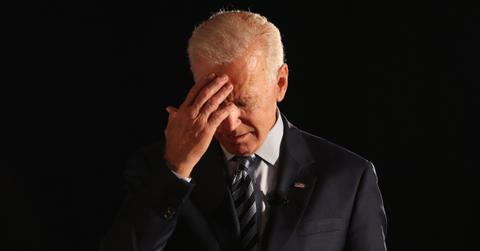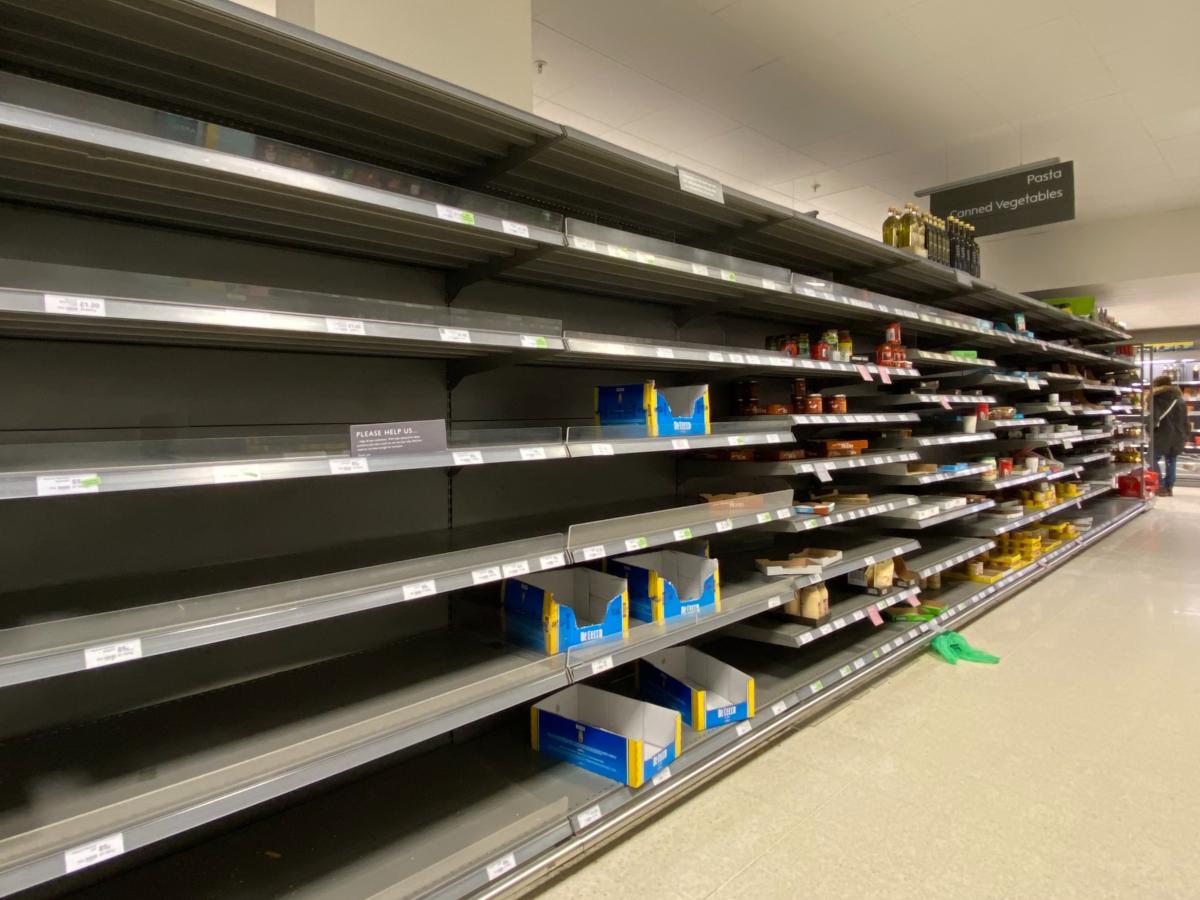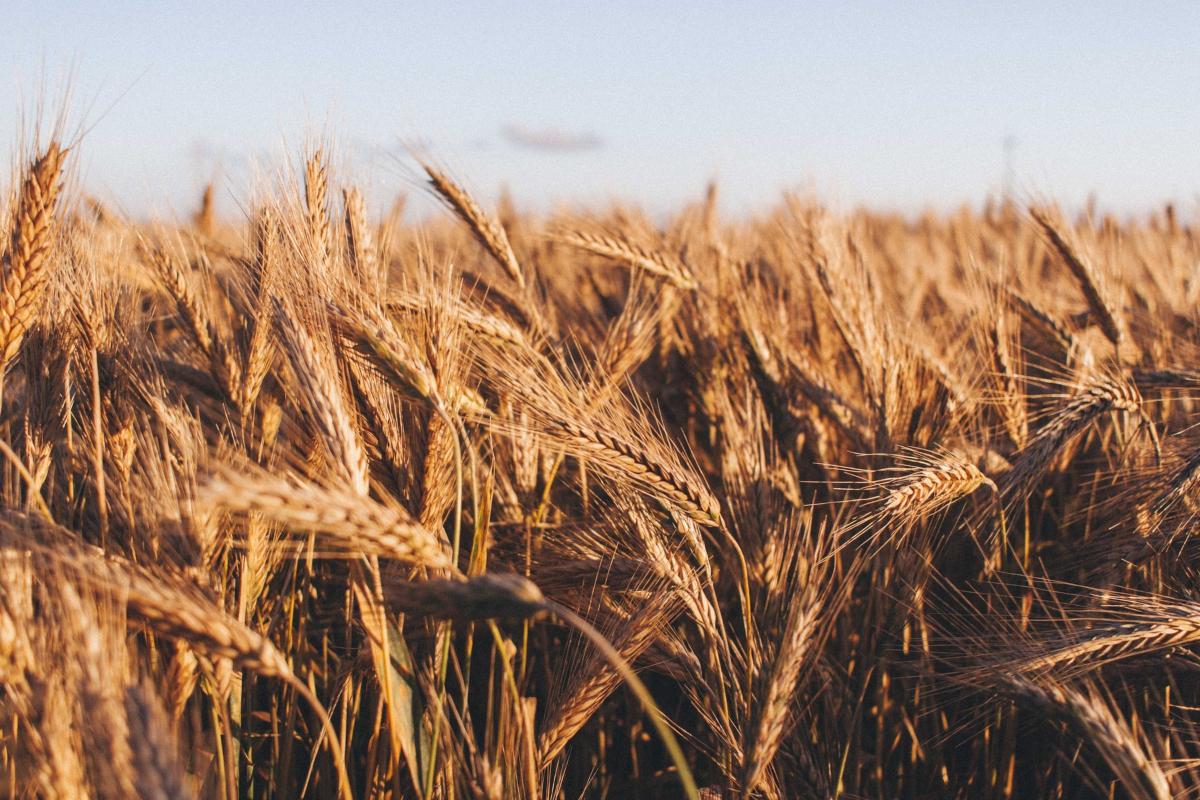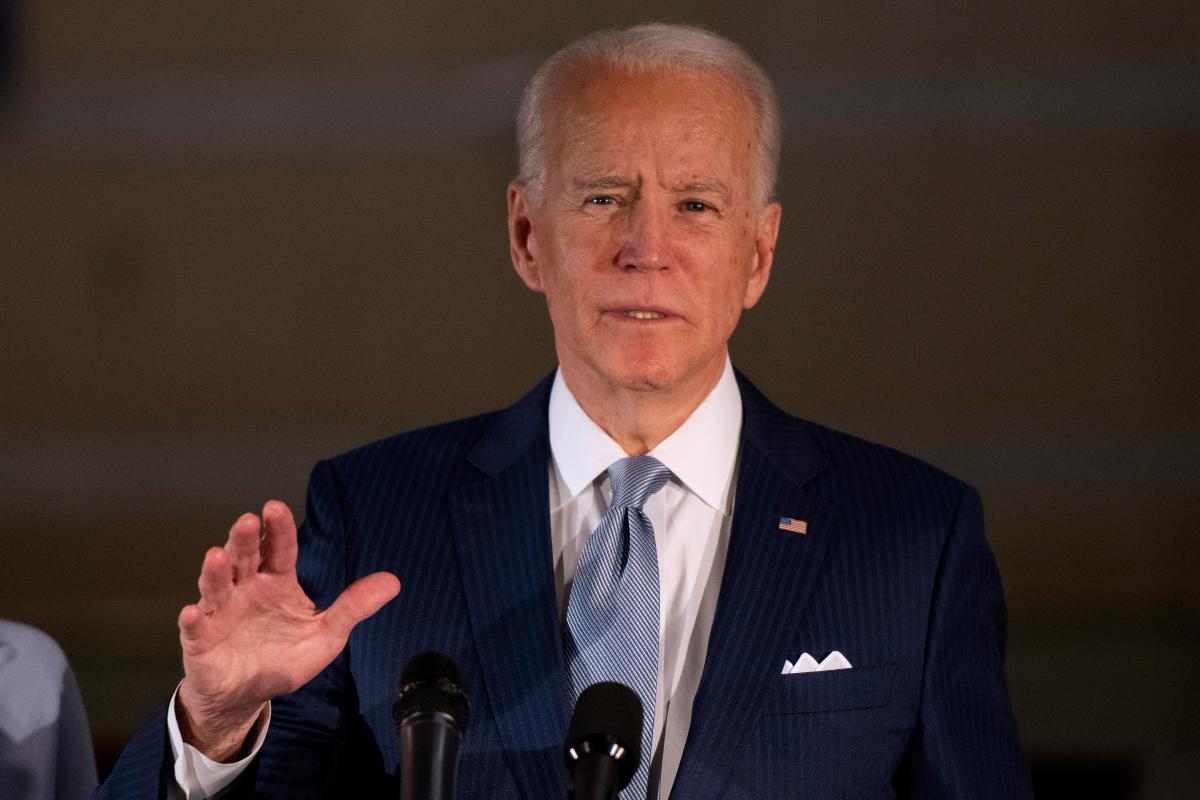Biden Warns Food Shortages Could Result as Russia Sanctions Intensify
President Joe Biden has warned of a “real” food shortage in the world. Who really pays for the sanctions that the U.S. and other western countries have imposed on Russia?
March 25 2022, Published 8:29 a.m. ET
At a NATO press conference in Belgium, U.S. President Joe Biden warned of a “real” food shortage in the world. Who really pays for the sanctions that the U.S. and other western countries have imposed on Russia after it invaded Ukraine?
To be sure, there have been concerns about a food shortage for almost two years now since the COVID-19 pandemic began. There have been intermittent reports of shortages of products ranging from baby formula to strawberries, potatoes, cookies, and meat. While some of the shortages were due to short-term supply chain issues, others have been more pronounced.
The Department of Agriculture hasn't seen a nationwide food shortage.
So far, despite reports of food product shortages, the U.S. Department of Agriculture has been assuring Americans that there are “no nationwide shortages of food, although in some cases the inventory of certain foods at your grocery store might be temporarily low before stores can restock.”
There indeed was merit to the argument. Supply chain and labor availability issues meant that food products were taking a long time to reach stores.
Only days ago, White House Press Secretary Jen Psaki said that there shouldn't be a food shortage in the U.S. while warning of higher prices.
Russia has decided to weaponize its exports.
The situation has changed since the Russia-Ukraine war started. Western sanctions are impacting Russia’s ability to export. However, Russia is also looking to weaponize its exports. The country has temporarily blocked wheat exports and some other food products to former Soviet nations, most of which surprisingly are its close allies and Belarus has even been supporting it at the U.N.
Russian President Vladimir Putin has also sent alarm bells ringing by calling upon “unfriendly countries” to pay for gas in rubles. The West has long feared that Russia might weaponize its energy exports, and the proposal to sell gas in rubles only proves the fears correct.
Biden sees a “real” food shortage on the horizon.
Biden said, “With regard to food shortage, yes we did talk about food shortages, and it's gonna be real.” He admitted that “Russia and Ukraine have been the breadbasket of Europe in terms of wheat.” However, Biden added that the G7 had a “long discussion” to “increase and disseminate" the production of food products.
Food production has to go through the plantation cycle and the developed world can't make up for Russian food exports overnight.
Who pays the price for Russian sanctions?
Biden also said, “The price of the sanctions is not just imposed upon Russia.” He added, "It’s imposed upon an awful lot of countries as well, including European countries and our country as well."
While initially imposing the sanctions on Russia, Biden warned of higher gas prices adding that “defending freedom will have costs.” Gas prices in the U.S. hit their all-time highs earlier in March, which prompted some states to suspend the taxes and provide relief to consumers.
While the sanctions on Russia are warranted, the price will be paid by consumers globally. There are fears of stagflation since we have slowing growth as well as multi-year high inflation.
The near-term forecast isn't looking any better. The Fed has embarked on its rate hikes and is expected to raise rates multiple times in 2022, which might have an impact on economic growth. As for inflation, prices are expected to rise more in the coming months.
The U.S. should expect transitory inflation and supply chain woes.
For months the U.S. Federal Reserve stuck to its line that inflation was transitory. However, it later admitted that the term has lived its course and the price rise turned out to be a lot stickier than it envisioned.
Regarding the food supply, there's a real possibility of a global food shortage, which many people, including Biden, had previously dismissed. While global factors, including Russia’s invasion of Ukraine, are to be blamed, a food shortage at home would be the last thing that Biden and Democrats would want right now.
But then, even the tariffs on Chinese goods, that former president Donald Trump imposed as part of his trade war, weren't paid by China alone. While Trump claimed multiple times that Chinese companies were bearing the costs, they were also shared by American consumers.




